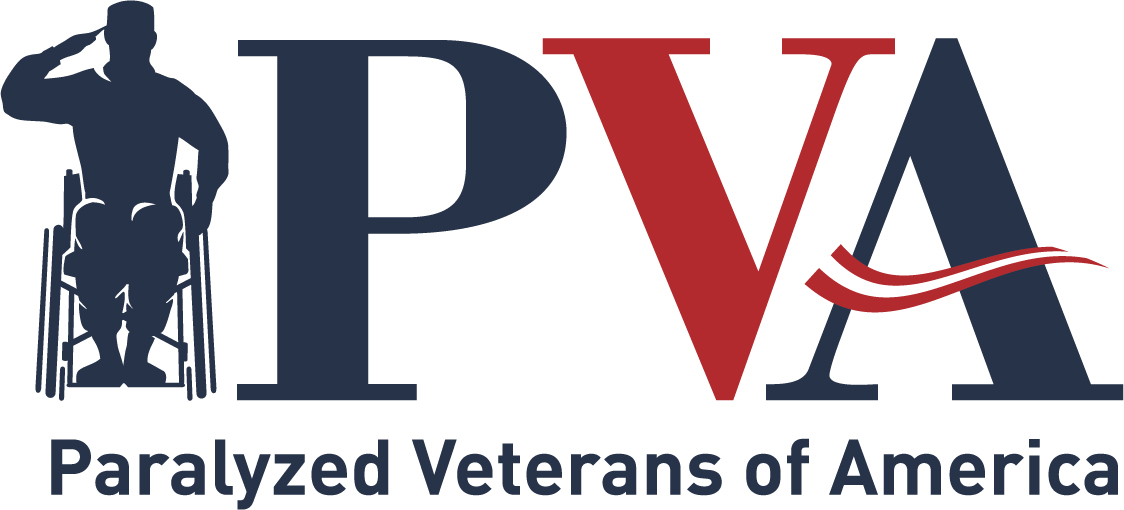
Ensure Long-term Success of Military-to-Civilian Transition
The Independent Budget veterans service organizations (IBVSOs) believe a proper and well-rounded transition from the military is one of the most critical things our service members need to ease back into civilian life with minimal hardships. To that end, the IBVSOs place great emphasis on ensuring transitioning service members receive comprehensive counseling and mentoring before they leave military service. Veterans, who experience smooth transitions by properly utilizing the tools and programs available, will face less uncertainty regarding their transition from military to civilian life.
Enhance the Benefits Delivery at Discharge Program
Utilizing Department of Veterans Affairs (VA) health care and benefits will help ease common challenges veterans face during the transition from active duty to civilian life. Readjustment benefits such as the G.I. Bill and VA Home Loan are incredibly transformative benefits. Both can be applied for and utilized while veterans are still in uniform and after separation.
Transitioning service members can face many hardships, including unemployment, financial difficulty, homelessness, feelings of lack of purpose, and separation anxiety. Several programs have been established to support veterans during this transition.
The IBVSOs believe programs like the Transition Assistance Program (TAP) are paramount in successfully transitioning from military life into the civilian world. The information provided to service members regarding VA benefits, financial management, higher education, and entrepreneurship is invaluable. If a separating service member does not have access to pre-separation counseling and accredited claims representation, an inequity is created, compared to those who do have access to these services.
The IBVSOs Recommend:
- Congress must mandate that pre-separation briefings be included within TAP curriculum to increase access to VA health care and benefits. By administering pre-separation briefings, active duty service members can apply for VA benefits before they transition to civilian life thereby reducing the number of veterans experiencing gaps in critical support.
Increase Access to Accredited Claims Representatives
The accredited service officers of the Benefits Delivery at Discharge (BDD) program have been a resource for transitioning service members since 2001. The IBVSOs employ a combined 55 claims representatives who can provide pre-discharge claims representation at military bases around the country and are available for transitioning service members. While the primary role of the accredited representatives in the BDD program is to help service members navigate their VA disability claims, they are also able to assist with many other available benefits and opportunities. Last year, between individual meetings and classroom briefings, our accredited representatives met with over 30,000 service members, accounting for almost 15 percent of all transitioning service members. These interactions resulted in 28,000 claims for benefits.
The IBVSOs Recommend:
- VA should expand the eligibility for all service members to have their claims adjudicated as BDD claims regardless of how far out they are from separation. Currently, only service members who are 90-180 days from separation are eligible to have their claims reviewed as BDD claims. Service members who are less than 90 days from separation must go through the same process as everyone else. To ease the burden of transition, VA should treat every claim by an active-duty service member as a BDD claim to help all those transitioning out of service.
Improve and Expand Access and Delivery of TAP
While the IBVSOs are pleased the five-day TAP classes were restructured within the past few years, there are concerns about the inconsistency of information provided to service members. Inconsistencies in TAP’s delivery spotlight an inequity among service members and their access to VA health care and benefits before they leave service. The IBVSOs recommend Congress pass legislation that would mandate accredited service officers be included in the formal TAP curriculum where available. Such provisions would help reduce the number of transitioning service members unfamiliar with VA benefits and care they are eligible for and ensure veterans can succeed after leaving military service.
The goal of TAP is to ensure those who have served receive the appropriate support and resources once their term of service is complete. Whether they become part of the approximately 40 percent that engage with education benefits, the 17 percent
who become entrepreneurs, or simply if they attain retirement status, every veteran has the right to understand what benefits they have earned and how to obtain them without falling victim to predatory companies who do not have their best interest at heart. Veterans often need purpose after the military. A robust transition program, providing opportunities for upward mobility through education, training, vocational rehabilitation, or benefits will increase the number of those positively contributing to society and reduce adverse outcomes such as homelessness, involvement in the justice system, and suicide.
The IBVSOs Recommend:
- Congress should pass legislation to ensure that only accredited service officers be included in the formal TAP curriculum and programming. Allowing accredited service members at TAP classes should help ease the transition for service members, and reduce the wait time before benefits are provided.
- Congress should establish a fourth administration to focus on readjustment programs. With the implementation of the PACT Act and the expectation of increased claims, the IBVSOs recognize the Veterans Benefits Administration’s (VBA) priorities are claims and appeals. Creating a fourth administration would ensure readjustment and transition programs have the leadership and attention necessary for sustained success.
Addressing Veteran Suicide
Transitioning from military to civilian life can be challenging for many veterans. Dealing with post-deployment mental health and readjustment challenges, as well as employment, housing, and benefits can be stressful. For veterans who are struggling, access to mental health services is essential to VA’s successful transition. Data consistently shows that individuals who engage in social determinants of health, such as those administered by the VBA are less likely to suffer suicidal ideations. One of the higher cohorts of veterans who die by suicide are veterans who have recently separated from service, according to a 2022 National Veteran Suicide Prevention Annual Report. The data in this report also showed veterans who engage with VA benefits are less likely to die by suicide than those who do not utilize these services. 1 Because of this, ensuring transitioning service members have access to the benefits and care they earned is critically important. Not only will this connection set up transitioning service members for success in civilian life, but also serve as a preventative factor against mental health challenges, which could lead to suicide.
The IBVSOs Recommend:
- Congress should ensure pre-separation claims be mandated in TAP curriculum to help service members successfully transition into civilian life, and help mitigate suicide.
- Department of Veteran Affairs; 2022 National Veteran Suicide Prevention Annual Report, VA Suicide Prevention, Office of Mental Health and Suicide Prevention, September 2022.


